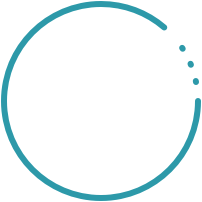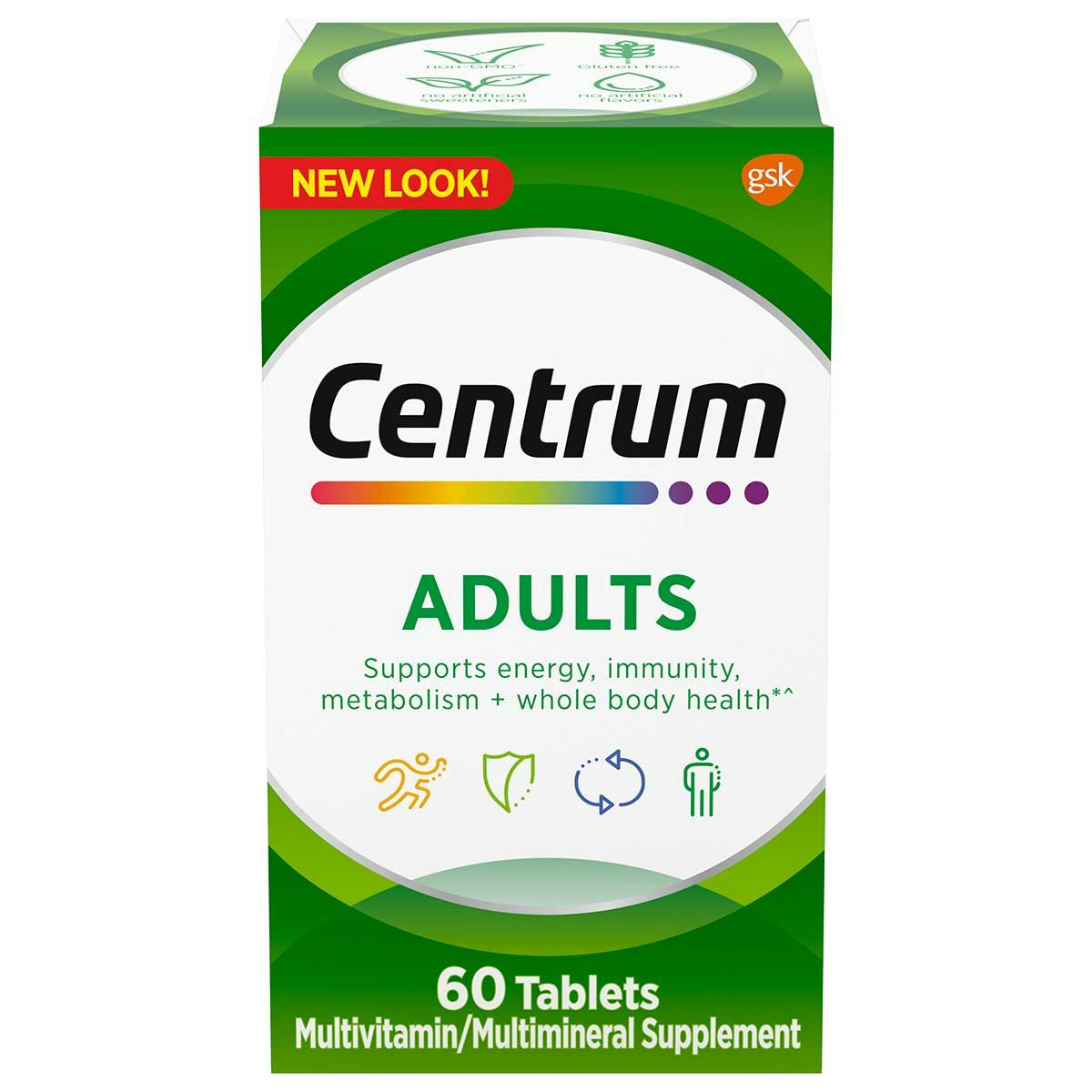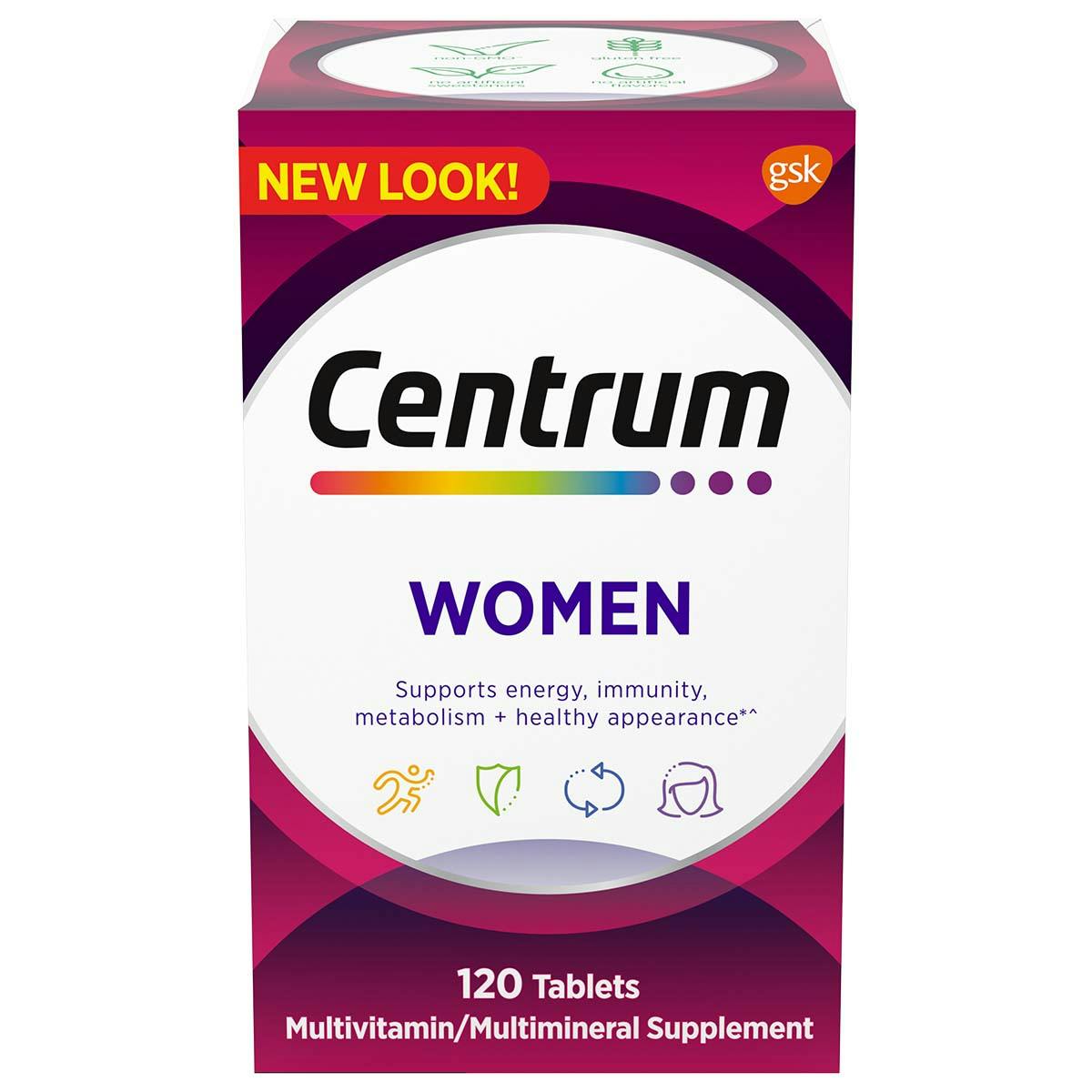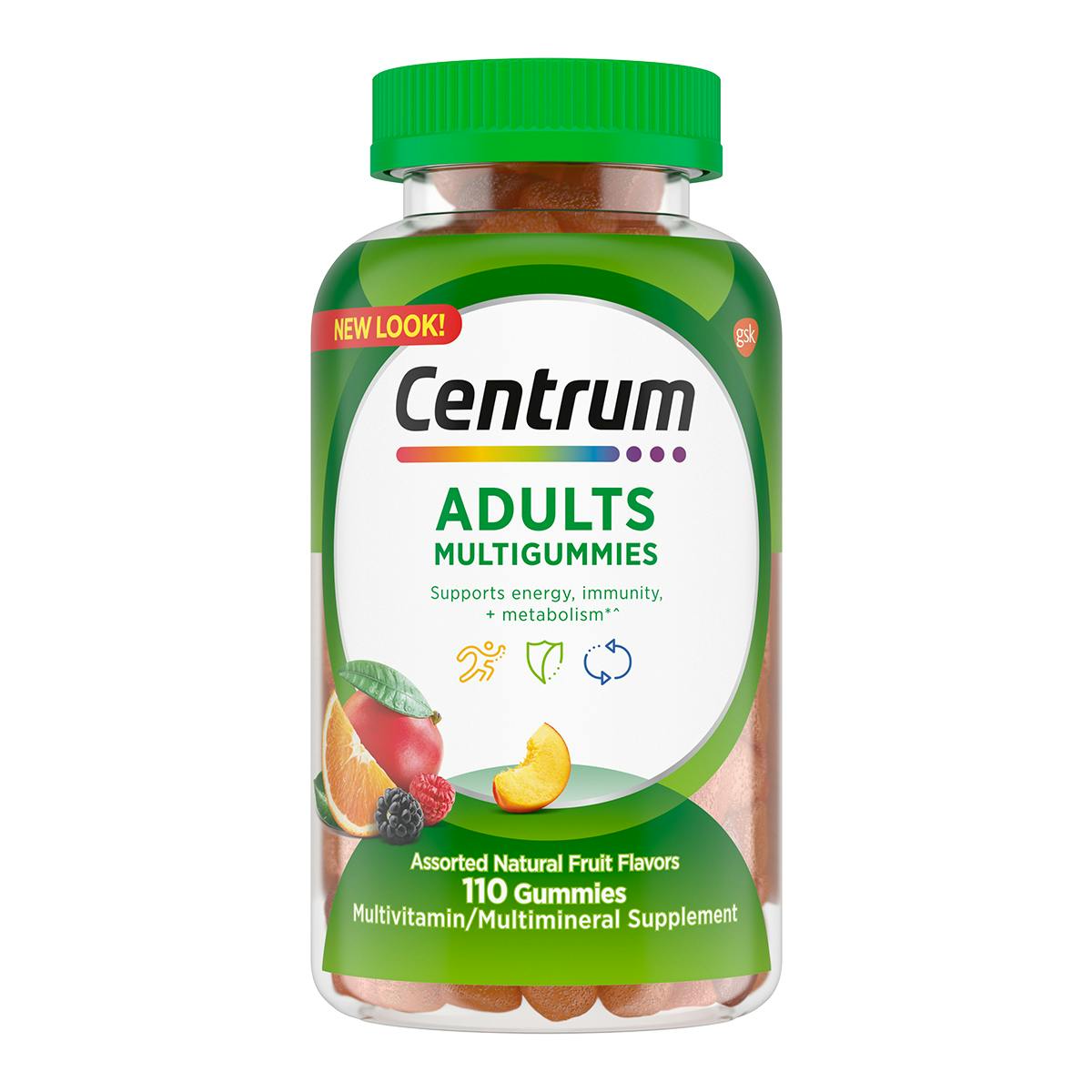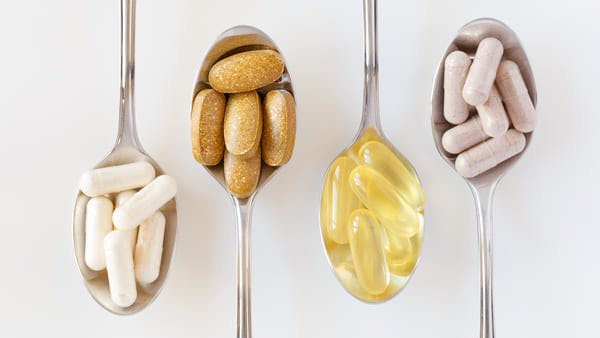Iron
Iron is vital for the production of hemoglobin, the part of red blood cells that ferries oxygen to cells.

What is Iron?
Nearly two-thirds of the body’s iron is found in hemoglobin, which explains iron’s key role in promoting life and supporting health. Smaller amounts of iron are found in myoglobin, a protein that’s responsible for transporting oxygen and storing it on a short-term basis within the muscles. Iron is critical for regulating cell growth and replication, as well as for skin repair. It supports your immune system and is required for normal brain and nervous system function.
It is an essential component of dozens of enzymes—proteins that initiate chemical reactions in the body—including those involved in energy production and for making DNA, the cells’ blueprint for reproduction. Iron supports your immune system, too. It is necessary to produce certain cells to make the enzymes that kill the germs that can make you ill.*
Iron is required for normal brain and nervous system function at the cellular level and beyond. Neurotransmitters, the compounds that allow nerve cells to communicate, depend on iron, as does myelin, the protective sheath that surrounds and insulates nerve fibers.*
About 15% of the body's iron is stored for future needs and mobilized when dietary intake is inadequate. When iron levels in the blood are low for a prolonged period of time, there is insufficient iron available to support normal red blood cell production, which may result in iron-deficiency anemia where the size of red blood cells decrease along with their levels of hemoglobin. Iron deficiency can limit oxygen delivery and the production of enzymes that rely on iron to function properly, including those involved in energy production.*
According to the USDA’s 2015 Dietary Guidelines for Americans, iron is one of the nutrients of concern for women in their childbearing years. A large number of females who are capable of becoming pregnant, including adolescent girls, are deficient in iron. In fact, iron deficiency is the most common nutrient shortfall in the U.S. population.*

Why is Iron Important?
A diet low in iron is often the culprit of iron deficiency which can lead to anemia. However, blood loss can be the cause as well: a constant loss of even a very small amount of blood may result in iron deficiency over time. In the absence of bleeding (including menstruation) or pregnancy, the body normally loses only tiny amounts of iron every day.*
Recommended Dietary Allowance
Sources of Iron
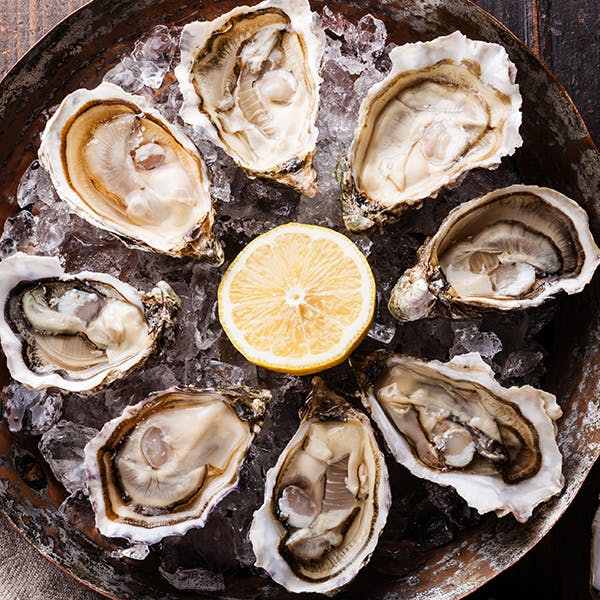
Oysters

White Beans

Chocolate
Centrum Silver
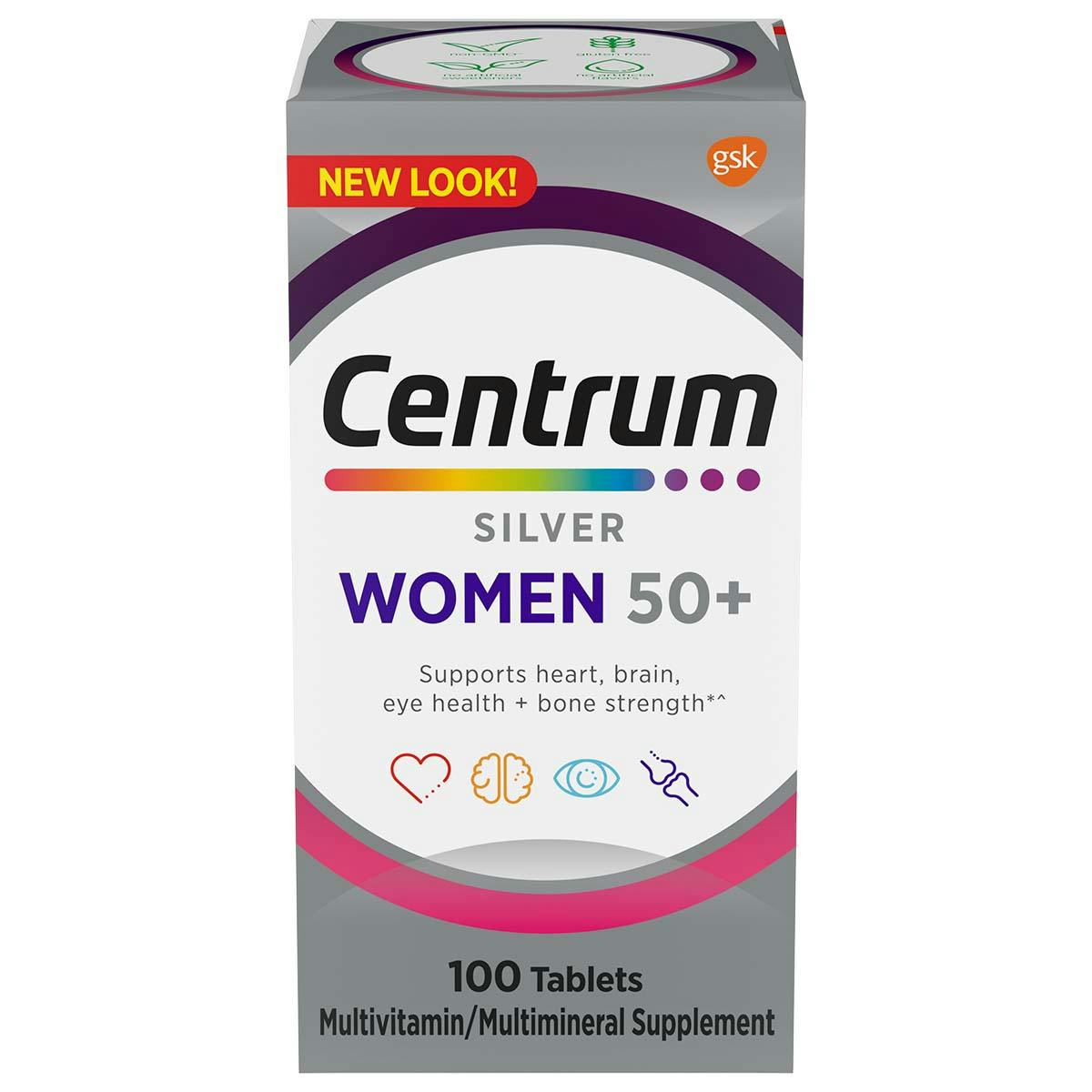
Specially formulated for women 50+ to help support heart health, brain function, healthy eyes, and strong bones.
Iron Helps Support
Recommended Articles
Explore Additional Vitamins & Minerals
*This statement has not been evaluated by the Food and Drug Administration. This product is not intended to diagnose, treat, cure, or prevent any disease.




